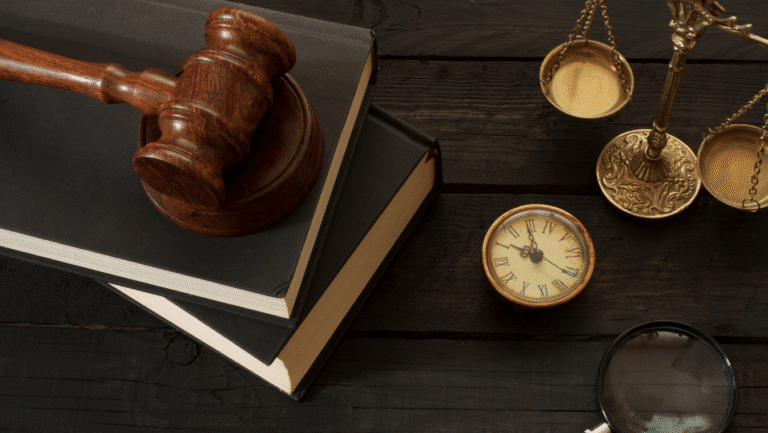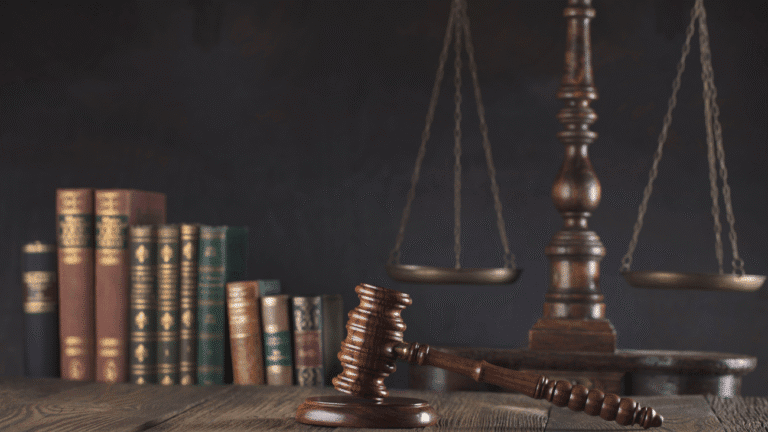Quevedo & Ponce - Legal News
Intellectual Property, International Harmonization, and the Role of Customs: The Philco Case as a Warning for Export-Oriented Companies
- August 5th, 2025
- Quevedo & Ponce
The protection of intellectual property rights has ceased to be a matter of exclusively domestic concern. In an interconnected world, where cross-border operations proliferate under OEM (Original Equipment Manufacturer) schemes, cross-licensing, or contract manufacturing, it is essential to understand that while trademark rights are territorial, their enforcement demands a global perspective.
In Ecuador, as in most countries, registering a trademark with the national intellectual property office —such as SENADI in Ecuador— grants the holder exclusive rights of use. This principle is enshrined in international instruments such as the Paris Convention for the Protection of Industrial Property and the Agreement on Trade-Related Aspects of Intellectual Property Rights (TRIPS), applicable to all World Trade Organization (WTO) member states.
Additionally, forums such as APEC (Asia-Pacific Economic Cooperation) have promoted the international harmonization of standards, encouraging efficient procedures for the recognition, protection, and enforcement of intellectual property rights at the border.
Articles 51–60 of the TRIPS Agreement require States to implement border measures allowing for the suspension of imports and exports involving goods that infringe intellectual property rights.
While in many jurisdictions this faculty is fully operational —such as in Brazil, where customs act in coordination with the judiciary— in Ecuador, enforcement relies heavily on the rights holder’s initiative, who must file complaints before SENAE and SENADI, and support the claim with documentary evidence.
One of the most common and complex scenarios in international trade practice involves the registration of the same mark by different owners in different countries.
Although each registration is valid within its own territory, the use of the mark during manufacturing or export may infringe the rights of the local holder, even when the goods are destined for another country.
This issue is particularly sensitive in contract manufacturing or maquila contexts. A company may hold a legitimate trademark registration in Argentina, but if it manufactures products in Brazil without authorization from the Brazilian trademark holder, it will infringe local rights —which may lead to sanctions or even customs seizure of the goods.
A paradigmatic example is the Philco case in Brazil, in which Mueller Eletrodomésticos manufactured appliances bearing the Philco trademark at its plant in Santa Catarina, for export to Argentina, where the mark is owned by Newsan S.A.
The problem arose because in Brazil, the Philco trademark is owned by Britânia, which did not authorize Mueller to use the mark within Brazilian territory. Although the goods were never intended for sale in Brazil, the Court of Justice of the State of Paraná issued a preliminary injunction prohibiting the export, ruling that the infringing act —the unauthorized use of the mark during manufacturing— occurred within Brazil.
The legal action was successfully led by Dr. Eduardo Ribeiro Augusto, a Brazilian attorney and partner at Siqueira Castro Advogados, who demonstrated that unauthorized territorial use activates local protection, even when the end consumer is located abroad.
The Philco case clearly shows that holding a trademark registration in the destination country is not sufficient. Companies must:
- Verify the legal status of the mark in the country of manufacture, even if no local sales are intended.
- Avoid using trademarks without a valid license from the local rights holder.
- Engage specialized legal counsel to prevent cross-jurisdictional conflicts.
- Consider border measures as a preventive or defensive legal tool.
Thanks to treaties such as TRIPS and the efforts of regional blocs such as APEC, the principles of trademark protection are increasingly uniform. However, practical enforcement still depends on each national legal system.
That is why local legal counsel is indispensable to avoid having a seemingly lawful operation in one country trigger serious legal conflicts in another. Borders are no longer merely geographical—they are critical legal checkpoints in the era of global trade.
From Quevedo & Ponce Law Firm, based in Quito, we express our recognition to our colleagues at Siqueira Castro Advogados in Brazil, especially to Dr. Eduardo Ribeiro Augusto, for his key role in a case that underscores the importance of acting with precision, strategy, and international vision when protecting trademark rights.
Más Artículos
Reactivation as an Exceptional Legal Mechanism within the Popular and Solidarity Economy: Regulatory Scope and Procedure
Resolution No. SEPS-IGT-IGS-IGJ-INFMR-INGINT-2025-0244 introduced reactivation as an exceptional legal mechanism within the Popular and Solidarity Economy, allowing certain organizations undergoing ordinary liquidation proceedings to resume their activities, provided that they demonstrate that the causes leading to liquidation have been remedied and that they possess economic and legal viability, thereby reaffirming the role of the Superintendency of Popular and Solidarity Economy in preserving organizational structures with social and economic impact
Buying a used vehicle in Ecuador: legal steps that cannot be omitted
The purchase of a used vehicle in Ecuador involves compliance with specific legal and administrative requirements within defined deadlines. This legal bulletin outlines the key stages of the process, from the preliminary verification of the vehicle to the registration of the purchase agreement and the transfer of ownership, including the penalties applicable in case of non-compliance.
Regulatory Framework for Non-Profit Organizations: Provisions of the Organic Law on Social Transparency and Its Regulations
An essential guide to understanding the legal framework governing non-profit organizations in Ecuador. This article outlines the obligations, procedures, and requirements established under the Organic Law on Social Transparency and its Regulations, as well as the supervision and control role of the Superintendence of Popular and Solidarity Economy (SEPS).
How to ensure a clear, valid, and proper property transfer
The purchase and sale of real estate in Ecuador is a legal act that requires document verification, compliance of notarial requirements, and registration before the Property Registry. This process demands a review of the property’s legal status and the involvement of a specialized attorney to ensure a valid, secure, and properly executed transfer of ownership.
The National Court of Justice establishes a new binding jurisprudential precedent on employer retirement compensation
The National Court of Justice has issued a new binding jurisprudential precedent that redefines the calculation of employer retirement compensation in Ecuador. Resolution No. 16-2025 specifies which amounts may be deducted from the employee’s individual retirement fund, reinforcing the principle of favorability and legal security in labor matters.






